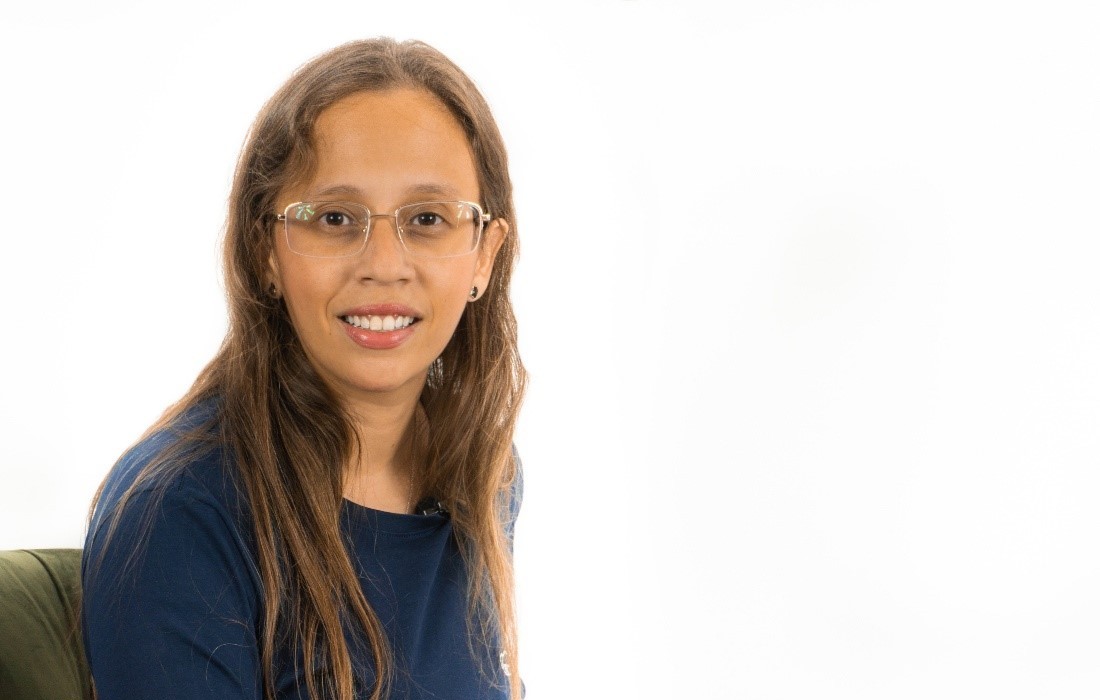
- Programme studied: MSc Public Management and Governance
- Year of Graduation: 2014
- LinkedIn profile
Meet our alum of the month, Katherine Diartt Pombo (MSc Public Management and Governance, 2014), who is a Political Scientist based in Latin America. She teaches Public Administration as a faculty member of Universidad del Norte (Colombia) and has a key research interest in local government, international affairs, and public opinion. Katherine also provides academic analysis for local broadcast and print media.
Tell us about your career journey since graduating from LSE.
Since I returned from London, I’ve been a faculty member at Universidad del Norte (Barranquilla, Colombia). As a Professor of Public Administration, I’ve been able to share everything I’ve learned during my master’s studies. I must say that LSE has had a lot to do with my teaching style. I especially remember Professor Michal Barzelay’s classes, which were very solid not only theoretically but also practically, due to all the time and effort that we would spend on different study cases. This marked me a lot! I guess I learned from the very best academic elite professors on how to be one (or at least try to).
Two years after my return to Colombia, I was appointed as the Governor of Atlántico (Colombian state) private adviser. I served for four years as his speechwriter, and I was also in charge of the International Affairs Office, responsible for the formulation and implementation of Atlántico’s Foreign Policy. As a result, the local government maintained diplomatic relations with 12 states from overseas. LSE had such a diverse group of classmates, it helped me develop skills in the design of intercultural communications.
What’s your current job?
I am leading the Barranquilla Cómo Vamos program; a private sector and civil society partnership focused on the generation and collection of reliable, comparable, and trustworthy city-level data to measure and track the quality of life and urban sustainability in the territory. As Director of this initiative, I've been working with my team and board members to make updated data available for the citizens. Once again, the qualitative and quantitative skills earned at LSE have played a key role in my current job position.
What is your area of specialism either academically or professionally?
Local Government and Public Administration.
Colombia is a country with very marked centralism, which makes working from the peripheric area, far from the capital, a big challenge. Academically, I also study subnational governments and their political-managerial interaction with the center's power.
What is your greatest career achievement to date?
Being able to help and inspire my students in the tough times of the pandemic. For them, these were very hard months, not only because of COVID-19 but also due to the social protests that exploded in Colombia at the time. The acute dissatisfaction that the country was living in made it hard for my students, and all students in Colombia, to concentrate on their studies. However, we found a way to work together as a team in order to move their education forward, because that was the most important thing at that moment. At the end of 2020, I earned an award, given by them, to the best teachers. I have to say that this recognition, which was determined by the student’s evaluations, was very symbolic to me because of the moment that we were going through at the time.
What was the main thing you gained from studying at LSE’s Department of Management?
I earned a solid interdisciplinary scope of knowledge, and the ability to put it into practice. I learned that wicked problems are not produced by single causes. For instance, in Colombia, and especially in its peripheric area, the problems of citizenship are usually excessively complex, due to the lack of quality information. In academia and in the public sector, it is imperative to have a trained mind that allows you to see all sides of the same scenario. The initiative for wanting to dig a little deeper, and not stay with the first side or version you get, is a managerial ability earned in my times as a student in London. Lastly, every time I face a tough situation, I try to apply the concepts of reverse/forward engineering that I learned in my classes.
What is your fondest memory from LSE?
The time spent with my classmates inside and outside of campus. Some of them are still great friends of mine! I remember everything from the times we drank beers in THE GEORGE, to the times we had to pull some all-nighters to finish our projects. Those were very special moments that I will always remember and treasure in my heart. I hope that we could meet again someday, in some part of the world, to reminisce together.